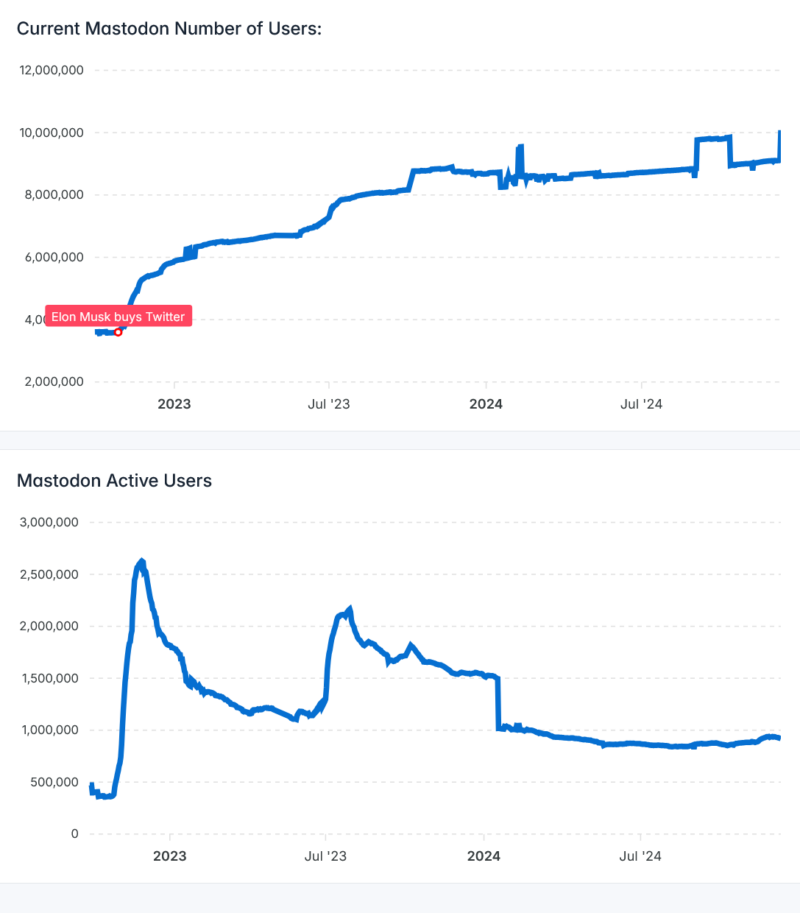Cognac Standard
The other day, someone on social media was commenting that it is hard to have meaningful discussions on social media because people view attacks on their point of view as attacks on them personally. This mistake also occurs when people confuse criticism of a plan with criticism of its stated objectives even if it is unproven that it achieves them.
A good discussion is one where all participants feel comfortable rigorously asserting their points of view, knowing that they will not come to blows. Avoiding viewpoint discrimination means that at least all participants can express any view:
When the government engages in content discrimination, it is restricting speech on a given subject matter. When it engages in viewpoint discrimination, it is singling out a particular opinion or perspective on that subject matter for treatment unlike that given to other viewpoints.
They may have to phrase this view in the right format. For example, interpretive dance or a hip-hop rap may not be the right form for policy discussions. Ethnic slurs may not be productive except to kick open the Overton Window and therefore, preserve speech rights. The same is true of obscenities, horror, and pornography.
Legally speaking, the brilliance of the American First Amendment to the Constitution is that it is designed specifically to avoid viewpoint discrimination by allowing restrictions on method of express (fighting words) but not the content of that expression (for example, Satanism or Human Biodiversity content).
This separation makes sense because it enables open discussion without allowing the conversation to fall to consistently base levels.
Even if a category of speech is unprotected by the First Amendment, regulation of that speech on the basis of viewpoint may be impermissible. In R.A.V. v. City of St. Paul, the Court struck down a hate crimes ordinance that the state courts had construed to apply only to the use of “fighting words.” The difficulty, the Court found, was that the ordinance discriminated further, proscribing only those fighting words that “arouse anger, alarm or resentment in others…on the basis of race, color, creed, religion or gender.” This amounted to “special prohibitions on those speakers who express views on disfavored subjects.” The fact that the government may proscribe areas of speech such as obscenity, defamation, or fighting words does not mean that these areas “may be made the vehicles for content discrimination unrelated to their distinctively proscribable content. Thus, the government may proscribe libel; but it may not make the further content discrimination of proscribing only libel critical of the government.”
However, no equivalent in social discourse has been found. The heckler’s veto remains in force, which convinces people to avoid “controversial” topics for fear of being seen as “offensive” and therefore perceived as an aggressor; to avoid the hassle, people simply do not speak up.
Online, when conversations get “personal,” the ability to express is further limited because some topics become no-go areas. This forces conversation out of what is left, and it becomes circular, generally becoming merely an affirmation of what is approved, even through criticism of it, because any other viewpoint is taboo.
For us to achieve this online, we need to have a culture, first of all, and second, need that culture to emphasize what years ago we called the Cognac Standard of the attitude the p
In the big picture, I adhere to something I call “The Cognac Standard,” which means that I try to (and sometimes fail) make my participation akin to an after-dinner chat among social equals in a pleasant wood-lined library with cognac, cigars, and those tasty little cakes they have at tea.
We have much to learn from each other, and I request that you help us in this quest by keeping the conversation productive. You can disagree as vehemently as you want, but put it in the right form, and you can have any viewpoint you want, if in the right form.
There will be censorship in any forum because some things need to be censored for it to survive: spam, child porn, schizophrenic posting, and really nasty sociopaths. This is not a moral statement or even a political one, but a practical one; if you do not remove such people, your forum dies.
However, the type of person drawn to power rarely leaves it at that, and with a few exceptions, begins the process of purging those who post inconvenient facts, controversial viewpoints, and notions outside the socially-accepted average. There are wonderful admins out there but also a lot of people who turn toward the Reddit, Meta, and Twitter path.
Ironically, their status does not depend on profit motive.
The non-profit, decentralized, open source, and theoretically “friendly” off-mainstream social media network Mastodon just killed itself despite being of an entirely different model than centralized, for-profit, and closed source mainstream social media.
Some will point to competition from Threads and Bluesky, but more likely, Mastodon — as opposed to the free speech fediverse — failed to offer an option to the problems of mainstream social media. Specifically, it adopted massive amounts of censorship and therefore made people feel as uncomfortable as they do with censors on Facebook.
We can make all sorts of rules, but nothing replaces culture, and old-school nerd herds like USENET had a culture of both permissiveness and a willingness to stop listening when people engaged in obvious spam or mental health problems behaviors. It escaped viewpoint discrimination by having a culture that demanded a certain form.
It may not be exciting, but The Cognac Standard offers an alternative to the problems of social media. Instead of rules, adopt culture, and have a few trusted people there to remove the worst of abuses and leave everything else alone. This is both libertarian and totalitarian, progressive and conservative, so it falls through the cracks despite being superior to what we have now.
Tags: censorship, cognac standard, free speech, mastodon, social media











